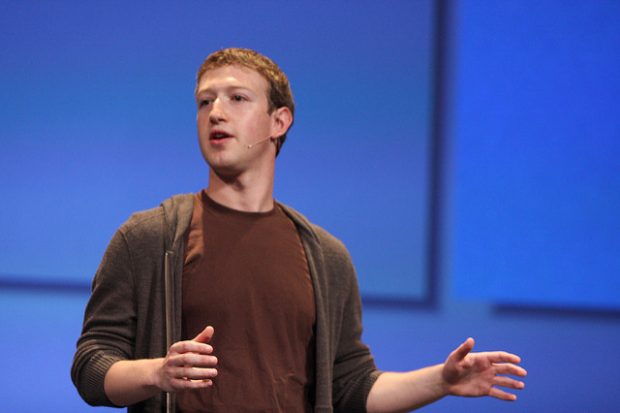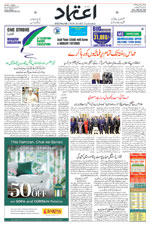Why Mark Zuckerberg is a bigger threat to democracy than Donald Trump
Mon 14 May 2018, 17:06:05

Our democracy has grown tired and middle aged. It lacks the heady optimism of a century ago, and is under assault from populists unhappy with a system that doesn’t serve the people as well as it once did. The rise of conspiracy theories—facilitated by the internet—and the resurgence of nationalism have disturbed the equilibrium of once stable western nations. In countries where democracy has more shallow roots, such as Turkey and Hungary, authoritarians are looking to the Chinese model of pragmatic elitism rather than to the unruly, dysfunctional west.
David Runciman’s analysis might seem pessimistic but, unlike thinkers such as Jason Brennan or Dambisa Moyo who argue the better-educated should be favoured in the voting system, he hasn’t lost faith in the electorate. The solution, says Runciman, is not more elite rule but a more responsive democracy, particularly when it comes to economics. “Voters need a sense that the future will be materially better
than the past if they are to resist the appeal of politicians who tell them that the present is the fault of someone else.” He also isn’t tempted by the siren call of nationalism, rightly pointing out that democracy cannot turn into what de Tocqueville called the “tyranny of the majority.”
Runciman, the host of the successful Talking Politics podcast, is worried about the way the internet is affecting the way we make decisions and form group identities. As he writes, “We keep checking our phones to find out what’s new, so long as what’s new chimes with what we would like to be true.” The worry is not only secretive organisations like Cambridge Analytica, but the utopian belief that technology will solve everything. Where does that leave the personal dignity or economic safeguards that democracy has traditionally defended? As such, Runciman ends with a provocative thought: “Mark Zuckerberg [is] a bigger threat to American democracy than Donald Trump.”
David Runciman’s analysis might seem pessimistic but, unlike thinkers such as Jason Brennan or Dambisa Moyo who argue the better-educated should be favoured in the voting system, he hasn’t lost faith in the electorate. The solution, says Runciman, is not more elite rule but a more responsive democracy, particularly when it comes to economics. “Voters need a sense that the future will be materially better
than the past if they are to resist the appeal of politicians who tell them that the present is the fault of someone else.” He also isn’t tempted by the siren call of nationalism, rightly pointing out that democracy cannot turn into what de Tocqueville called the “tyranny of the majority.”
Runciman, the host of the successful Talking Politics podcast, is worried about the way the internet is affecting the way we make decisions and form group identities. As he writes, “We keep checking our phones to find out what’s new, so long as what’s new chimes with what we would like to be true.” The worry is not only secretive organisations like Cambridge Analytica, but the utopian belief that technology will solve everything. Where does that leave the personal dignity or economic safeguards that democracy has traditionally defended? As such, Runciman ends with a provocative thought: “Mark Zuckerberg [is] a bigger threat to American democracy than Donald Trump.”
No Comments For This Post, Be first to write a Comment.
Most viewed from International
Most viewed from World
AIMIM News
Delhi Assembly polls: Owaisi leads Padyatra in Okhla
Feb 01, 2025
We reject this Waqf Amendment Bill: Asaduddin Owaisi
Jan 30, 2025
Latest Urdu News
Most Viewed
May 26, 2020
Which team will win the ICC Men's Champions Trophy 2025 held in Pakistan/Dubai?
Latest Videos View All
Like Us
Home
About Us
Advertise With Us
All Polls
Epaper Archives
Privacy Policy
Contact Us
Download Etemaad App
© 2025 Etemaad Daily News, All Rights Reserved.

.jpg)











.jpg)
.jpg)
.jpg)
.jpg)
.jpg)
.jpg)
.jpg)

.jpg)




















